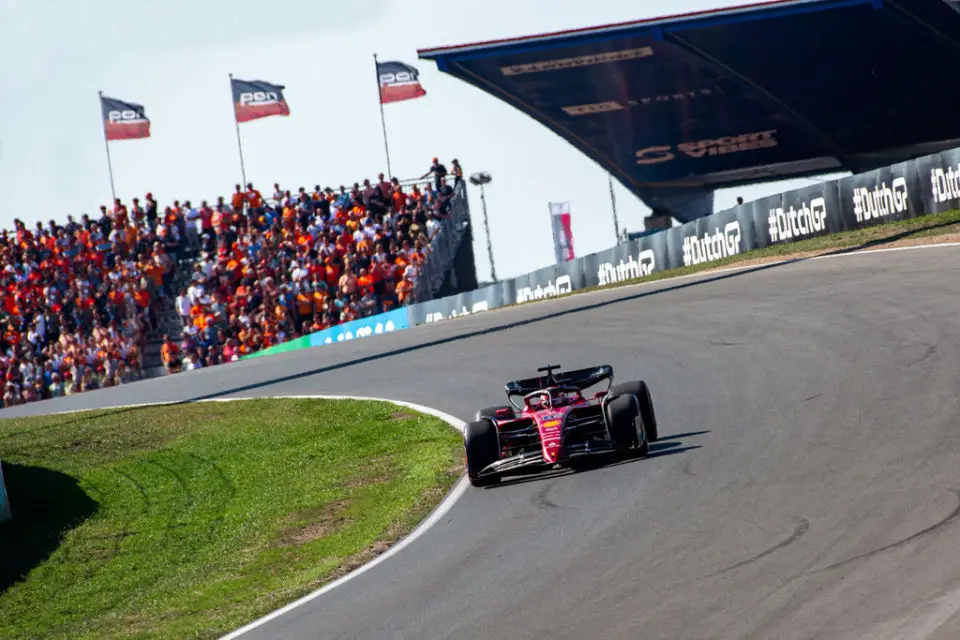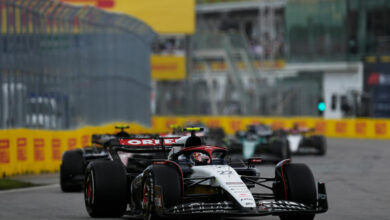Dutch Grand Prix Overcomes Taxi Driver Protests: A Last-Minute Agreement Brings Relief
The Dutch Grand Prix faced a significant challenge with protesting taxi drivers threatening to disrupt the event. Fortunately, a last-minute agreement was reached, ensuring the smooth running of the race weekend in Zandvoort.
Key Takeaways:
- Approximately 150 taxi drivers had threatened to block roads leading to the CM.com Circuit Zandvoort after being disallowed access during the race weekend, while outside taxi drivers were granted special permits.
- Lengthy negotiations with the Zandvoort town municipality led to a peaceful resolution, allowing the taxi drivers to operate up to the municipality’s limits but not directly to the track.
- The compromise has been met with mixed reactions: while it satisfies the protesting taxi drivers, those holding permits to operate in Zandvoort are displeased with the loss of their ‘special status.’

In a dramatic turn of events, the Dutch Grand Prix, one of the most anticipated events in the Formula 1 calendar, has narrowly avoided disruption thanks to a successful negotiation with protesting taxi drivers. The taxi drivers, numbering around 150, had previously threatened to block access to the CM.com Circuit Zandvoort, creating a potential logistical nightmare for the event organizers.
The core of the dispute stemmed from the decision by local authorities to restrict access for local taxi drivers during the Grand Prix weekend, a time when their earning potential is significantly heightened. This decision was further aggravated by the granting of special permits to taxi drivers from outside the Zandvoort area, a move seen as unfair by the local drivers.
After a week of protests, extensive discussions between the drivers and the Zandvoort town municipality led to a mutually beneficial compromise. The resolution allows local taxi drivers to operate up to the municipality’s boundary, albeit not directly to the circuit. This arrangement ensures that fans can still utilize taxis for the majority of their journey to the event, relying on alternative means for the final leg.
The spokesperson for the protesting taxi drivers expressed contentment with this outcome, confirming that they would not engage in any further disruptive actions. This agreement has been hailed as a win-win for all parties involved – the municipality, the local taxi drivers, and the Formula 1 event itself.
However, not all parties are satisfied with the outcome. As reported by RacingNews365, taxi drivers who previously held permits to operate in Zandvoort are now expressing their dissatisfaction. The compromise has effectively stripped them of the ‘special status’ their permits previously granted, leading to a sense of discontent among this group. There remains an air of uncertainty over whether these permit-holding drivers might engage in any protest activities during the Dutch GP to voice their anger and dissatisfaction.
This situation underscores the complex dynamics at play when hosting large-scale international events like the Dutch Grand Prix. The resolution of this dispute is not only a relief for the event organizers but also a testament to the effectiveness of dialogue and negotiation in resolving public grievances. As the engines roar to life in Zandvoort, the Grand Prix will not only be a celebration of motorsport but also of the peaceful resolution of conflict.



